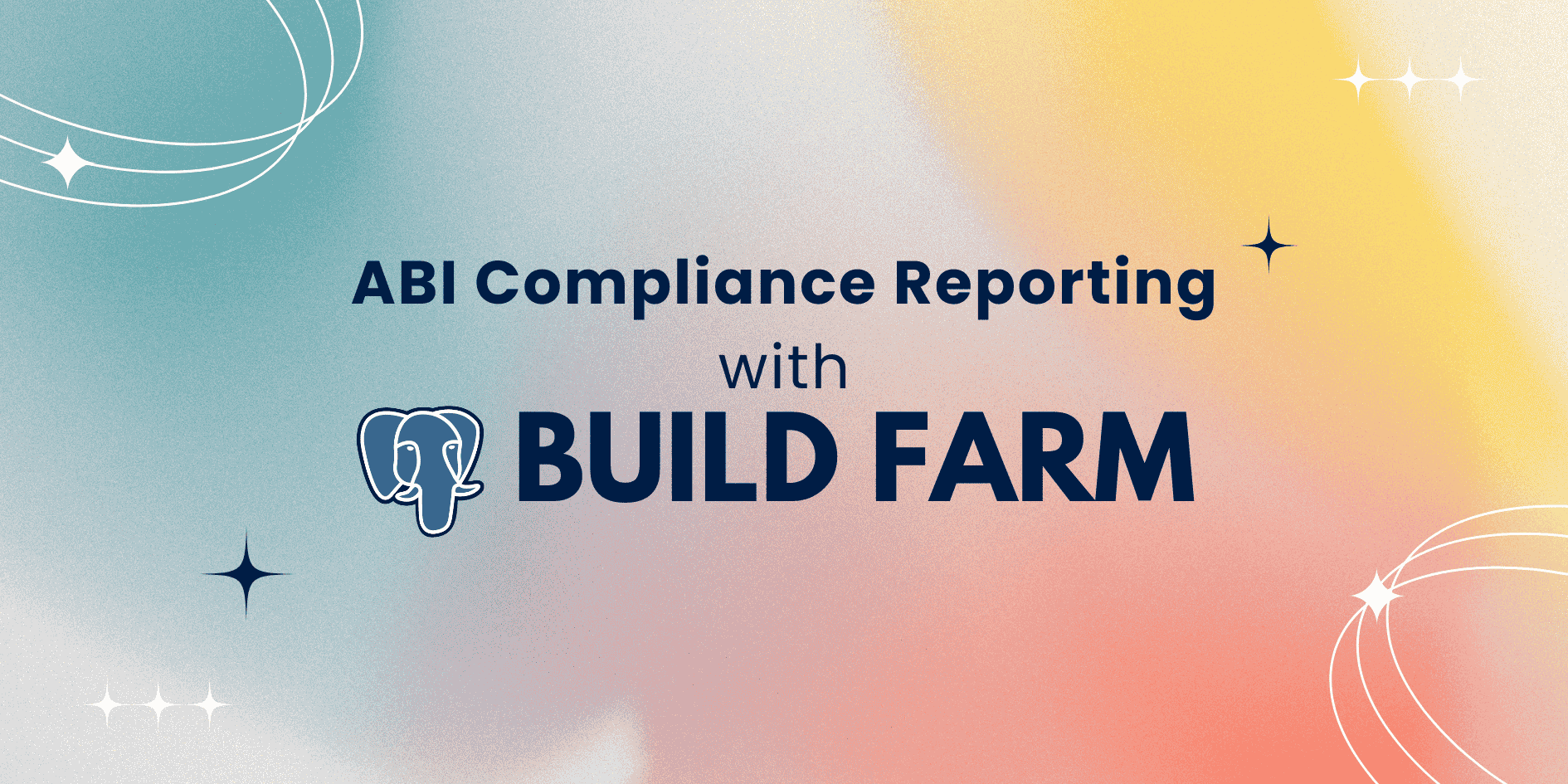
Tables turn, So does my project
So, you might’ve caught my previous two blog posts where I explained on implementing an ABI compliance reporting system for PostgreSQL as a BuildFarm module. The initial approach involved cloning the PostgreSQL source code and looping through commits to pinpoint the exact commit responsible for any ABI breakage. But, after discussing with the community on the hackers list(here), a few key issues came to light: The original approach didn’t quite align with how the other BuildFarm modules functioned. Looping through commits introduced potential complications, especially when dealing with commits where source compilation might fail. Handling these edge cases would’ve added unnecessary complexity. Identifying the commit causing ABI breakage is usually pretty straightforward. Since the module typically runs on one or more BuildFarm animals, the number of commits between runs is small enough to easily spot the culprit. These points led to a shift in how the module actually works. Let’s call it ABI Compliance Reporting V2! ...
